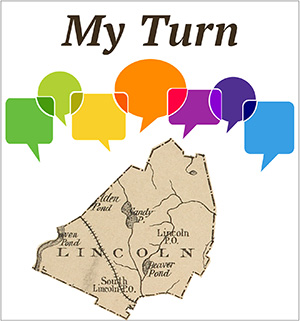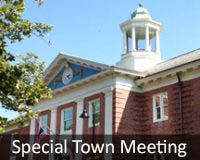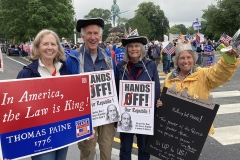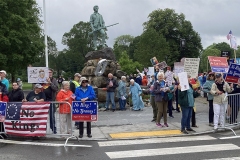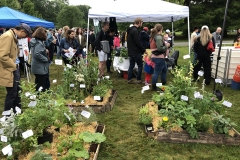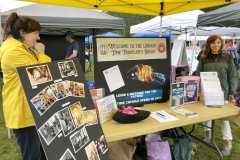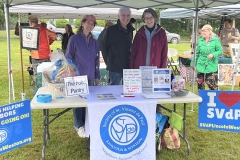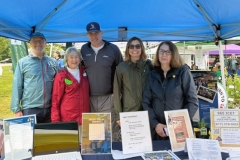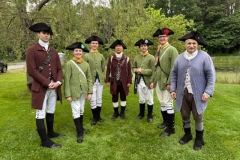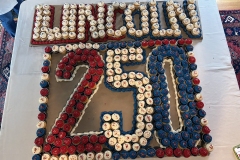By Elmer Green
Zoning law in Massachusetts is grounded in uniformity, equal protection, and democratic accountability. But when a small private developer is granted a tailor-made zoning path through the North Lincoln Overlay District (NLOD) and a Special Town Meeting unilaterally called by the Select Board, the process crosses the line into illegitimate and unconstitutional territory.
1. Spot zoning disguised as an overlay
The NLOD, as applied to a small 20-unit private development, effectively functions as spot zoning — favoring a specific parcel with zoning privileges not available to others in the same R-1 district. Overlay districts are supposed to serve broad planning goals, not be retrofitted to enable a single project to bypass existing law. This is especially problematic in the R-1 zone, which has been Lincoln’s baseline single-family residential zoning since 1928.
Massachusetts courts have found that zoning changes granting special treatment to specific parcels — without broader benefit to the town — fail constitutional scrutiny under both state and federal law.
2. A process without a mandate
The Select Board may claim authority to bring forward this development by placing it on a Special Town Meeting warrant. But there is no meaningful democratic mandate. Board members are often elected by only 10–20% of the electorate in low-turnout contests, and Special Town Meetings themselves tend to attract a small, unrepresentative group of voters — often mobilized by the very parties that benefit from the proposed zoning change.
3. Privatized governance and stripped rights
In this instance, the NLOD is being used to facilitate construction of single-family condominiums governed not by town officials, but by a private homeowners association, which may be initially controlled by those aligned with the development’s proponents. These entities hold power over residents’ rights, costs, and property — yet are not democratically elected or accountable.
The result is a dual legal regime: most of Lincoln remains under public zoning law, while residents within the NLOD are placed under quasi-private governance, with reduced rights and diminished public protections. This structure creates a segregated subclass of residents, whose rights differ not because of geography, but because of a bylaw used to enable private legal arrangements.
4. The precedent risk: you could be next
his is not just a one-off procedural abuse. If this zoning gambit succeeds, the Select Board will be emboldened to replicate the strategy using Special Town Meetings and ad hoc overlay districts to rezone other parts of town at will. This process opens the door to piecemeal privatized zoning that can be applied wherever politically convenient or developer-aligned.
If you live in Lincoln, you could be abutting the next target — forced to live next to a custom-zoned private enclave governed by HOA appointees, with no meaningful say in the process.
5. Zoning should not be a private contract
Zoning is a public function — it should never be a vehicle for private legal workarounds. Allowing a small development to operate under a tailor-made overlay district, pushed through in a minimally attended mid-week Special Town Meeting, opens the door to backdoor privatization of land-use law.
When zoning is treated as a transactional tool, public confidence in the fairness and predictability of land regulation erodes, and property rights — particularly for the disempowered — are put at risk.
Conclusion
Rezoning a small private development through the North Lincoln Overlay District and a Special Town Meeting — orchestrated by a Select Board elected by a small fraction of voters — is not legitimate public process. It reflects a troubling shift toward exclusionary, privatized planning that violates constitutional norms and puts democratic governance of land use at risk. If allowed to stand, this model of rezoning will spread. What’s happening “over there” today could be right next door tomorrow.
Elmer Green can be reached at elmerg1@proton.me.
“My Turn” is a forum for readers to offer their letters to the editor or views on any subject of interest to other Lincolnites. Submissions must be signed with the writer’s name and street address and sent via email to lincolnsquirrelnews@gmail.com. Items will be edited for punctuation, spelling, style, etc., and will be published at the discretion of the editor. Submissions containing personal attacks, errors of fact, or other inappropriate material will not be published.
